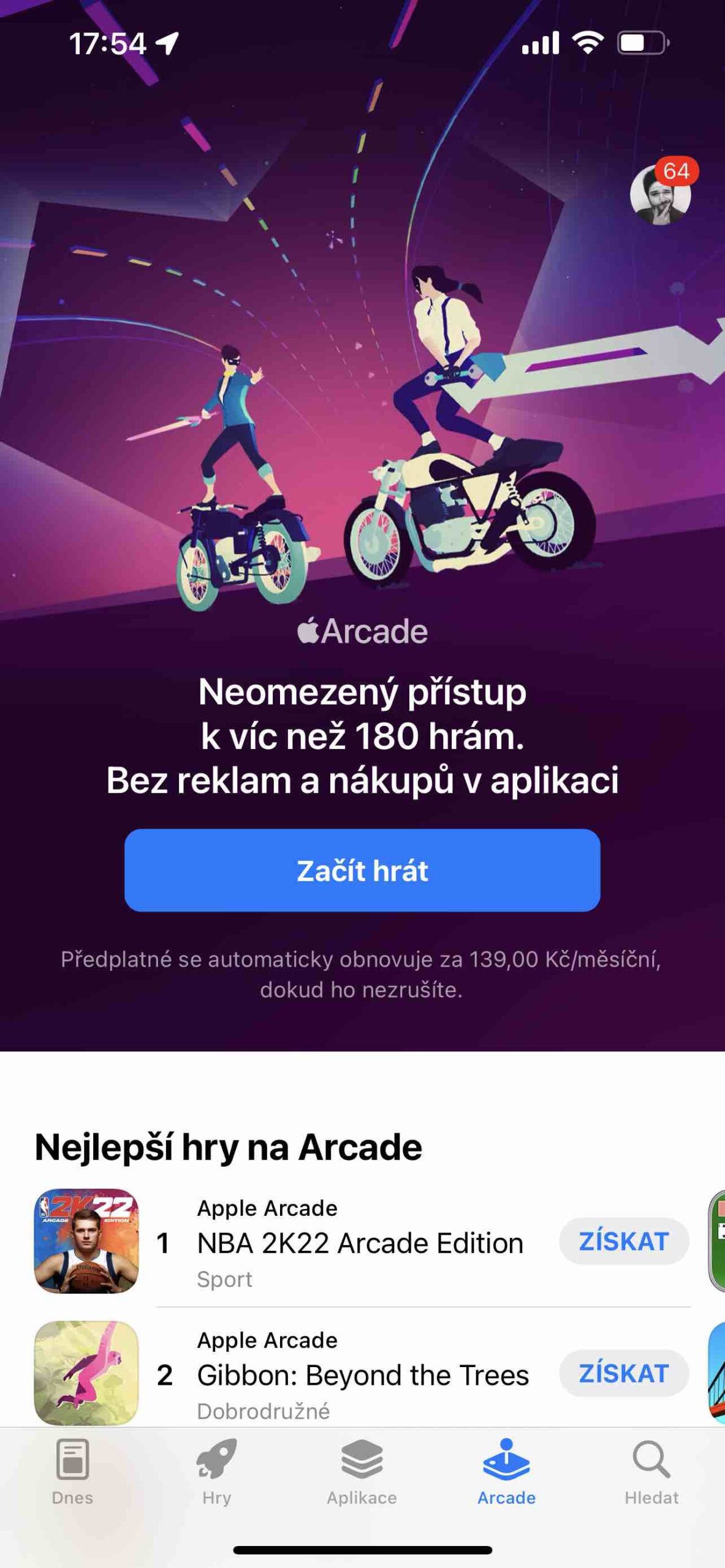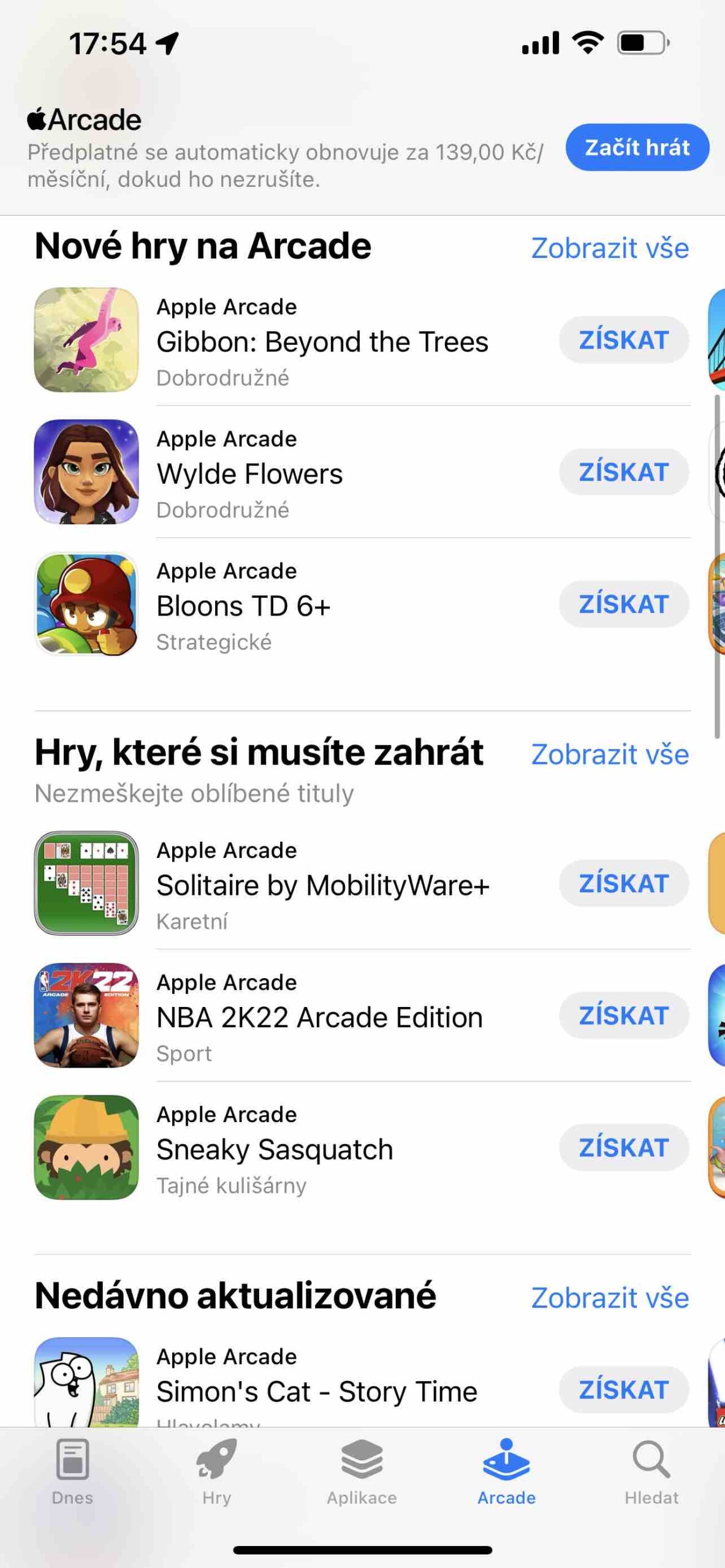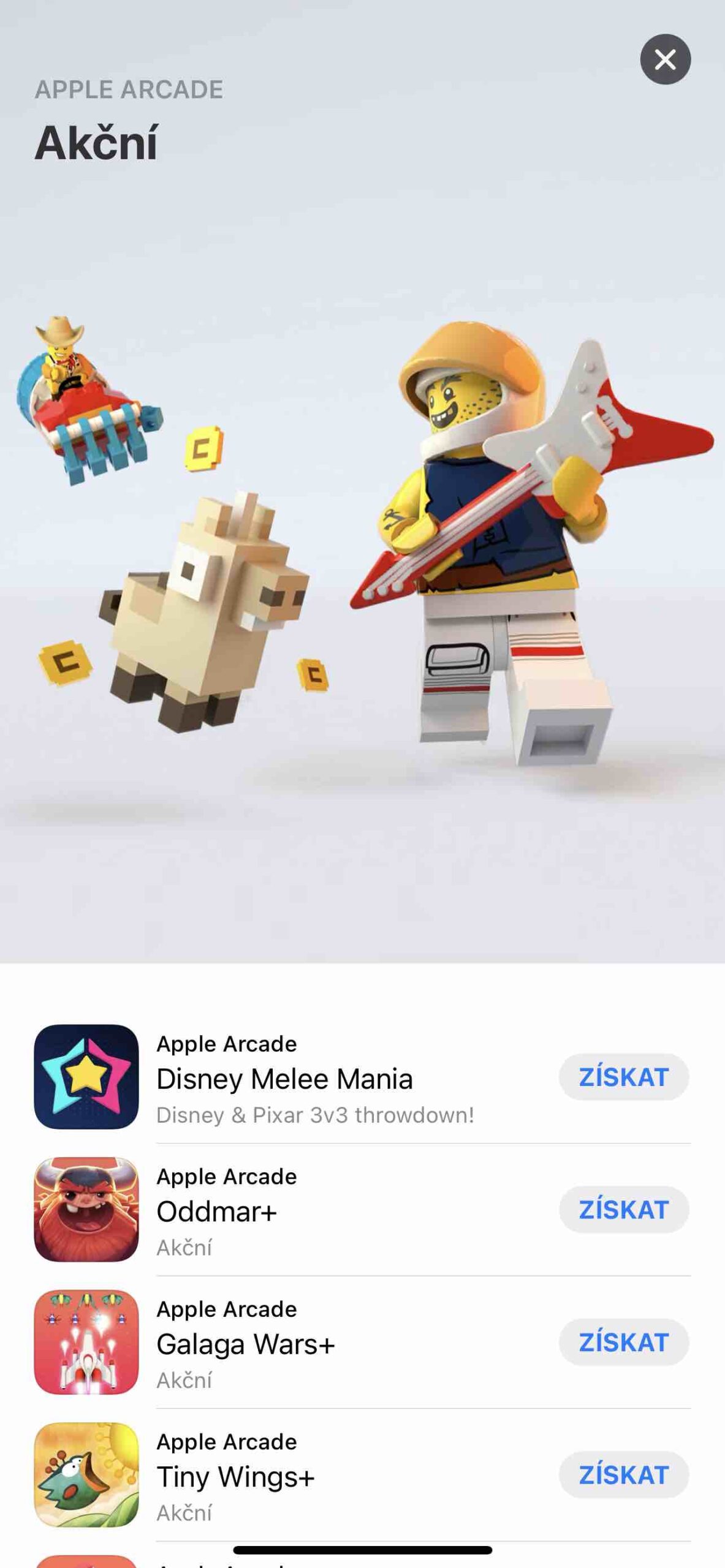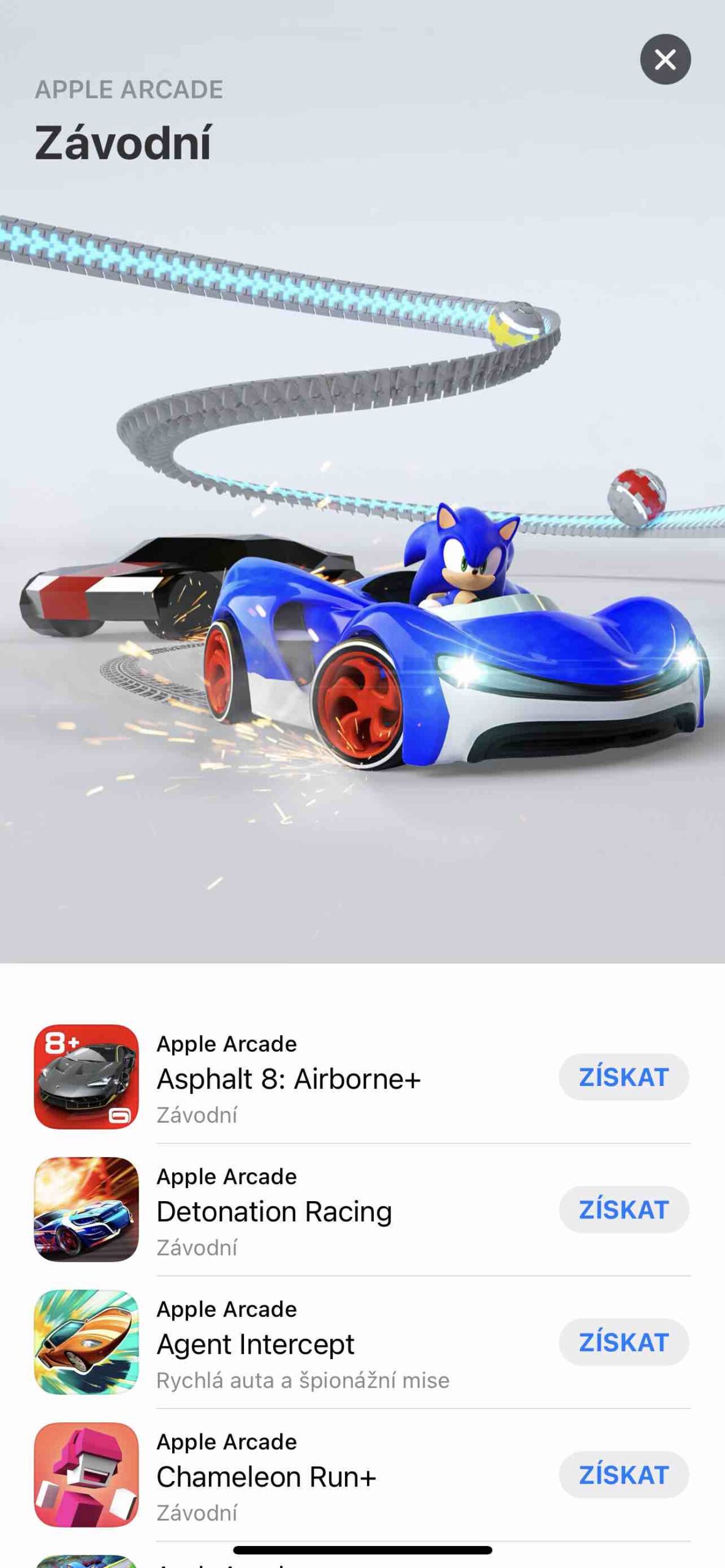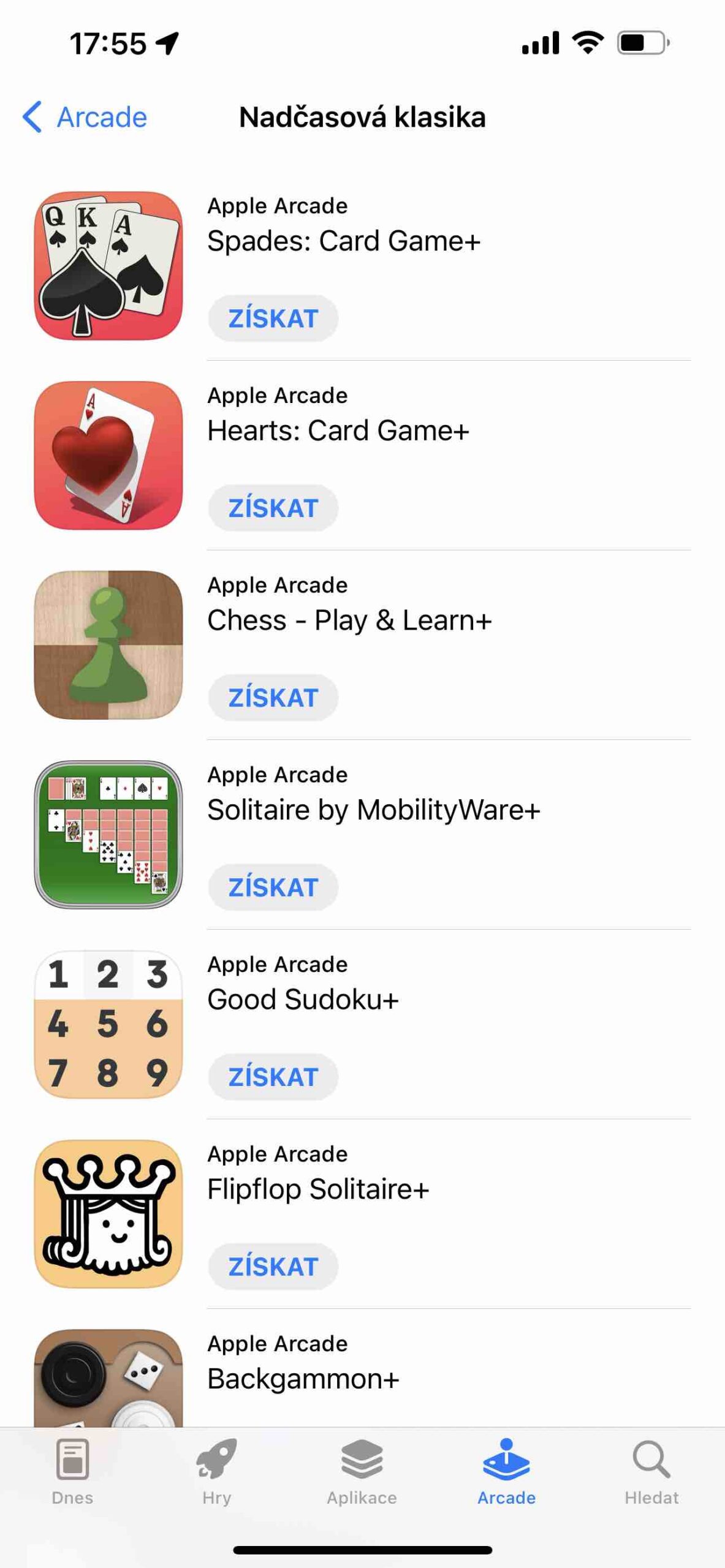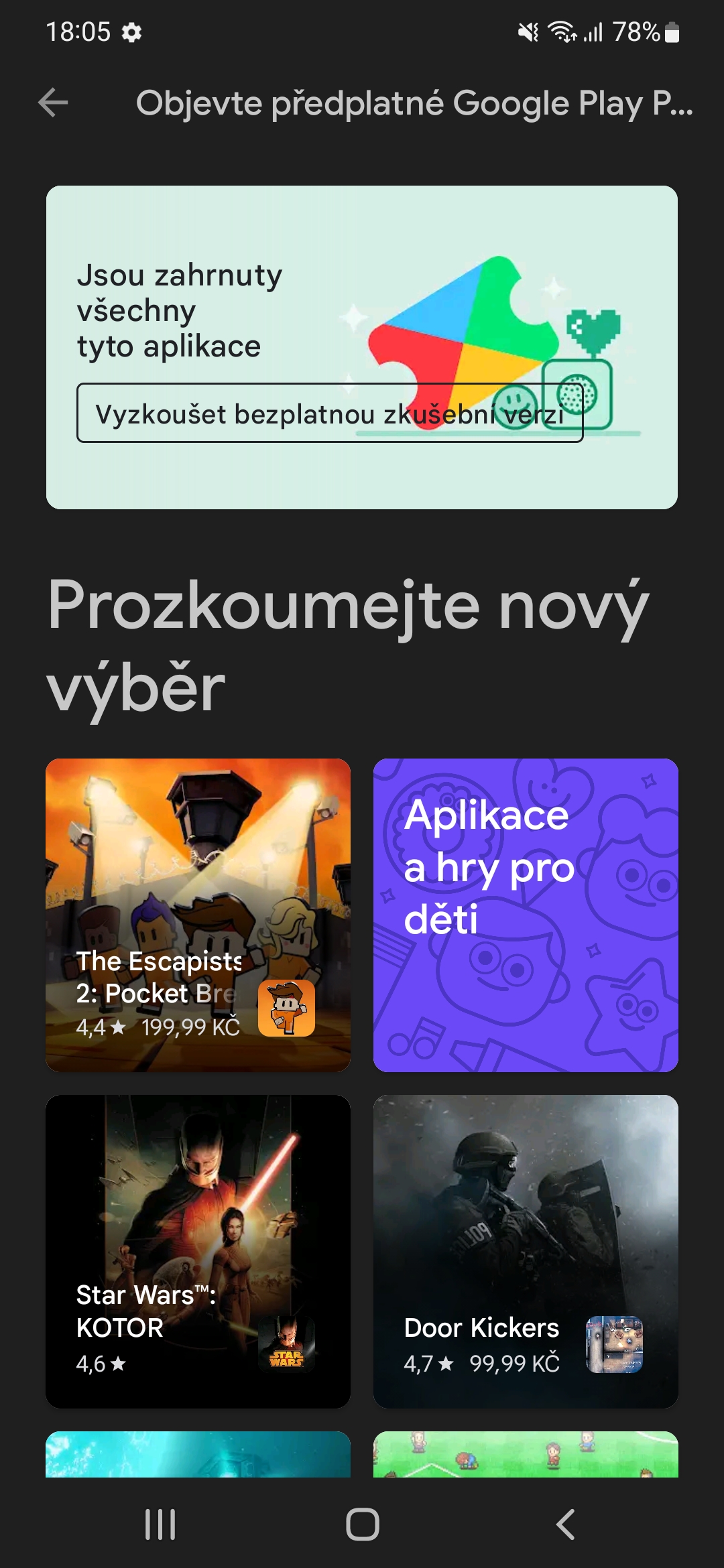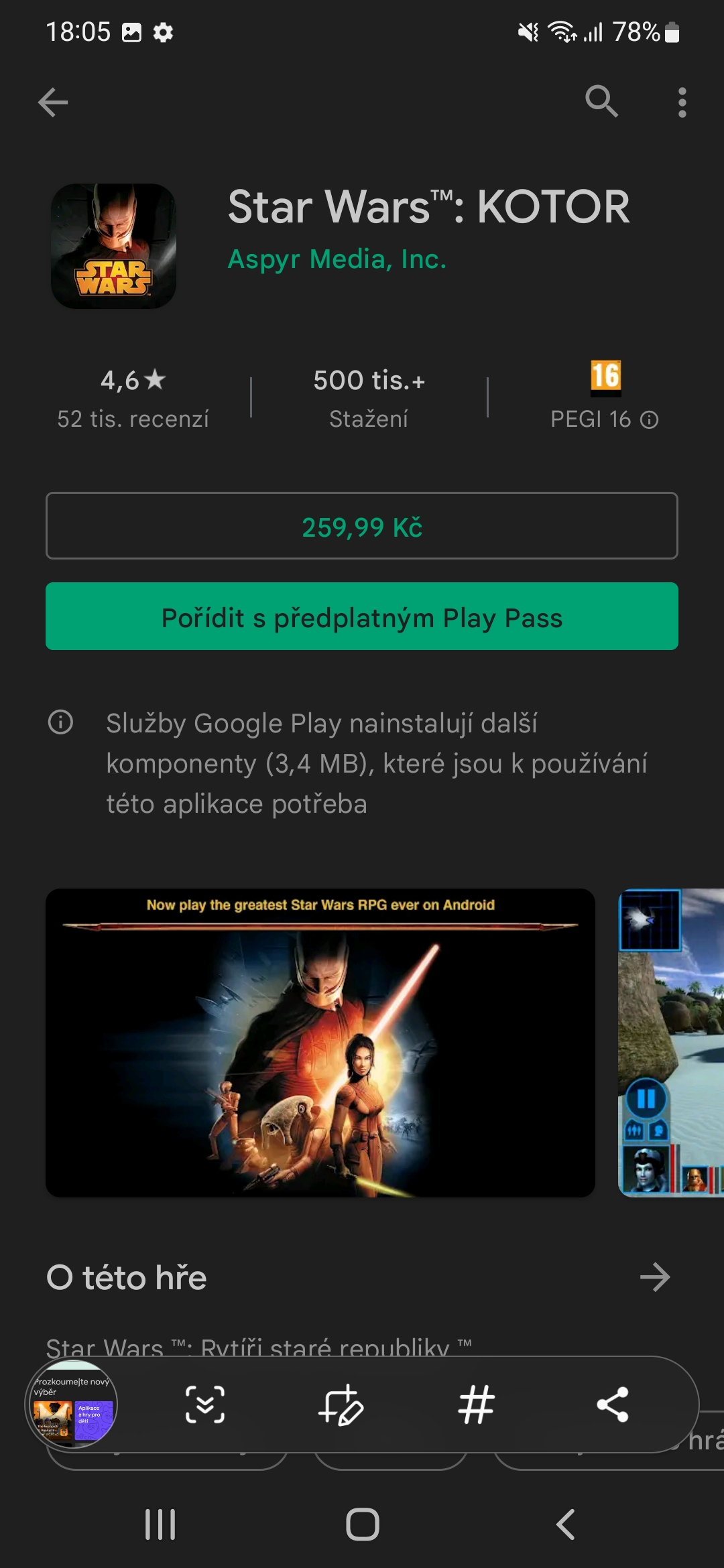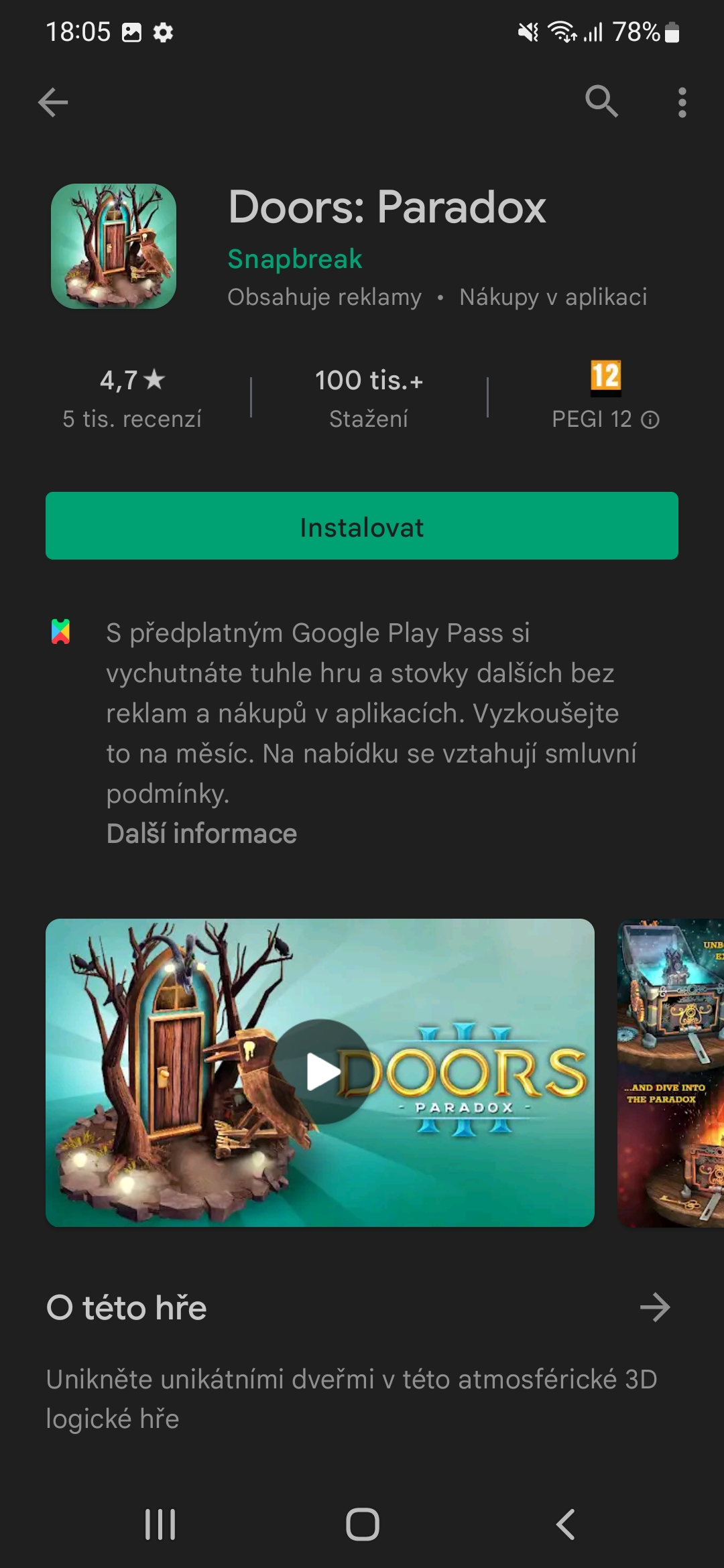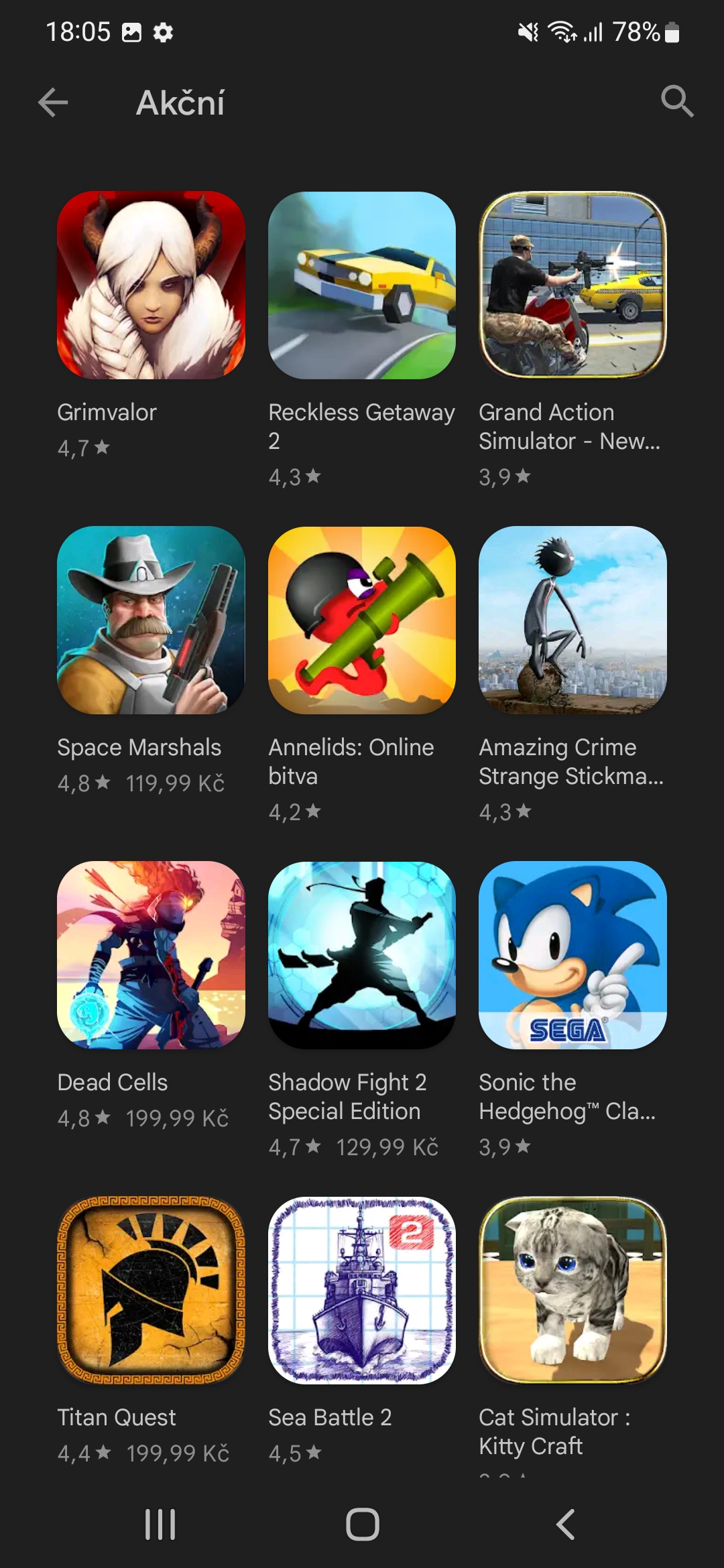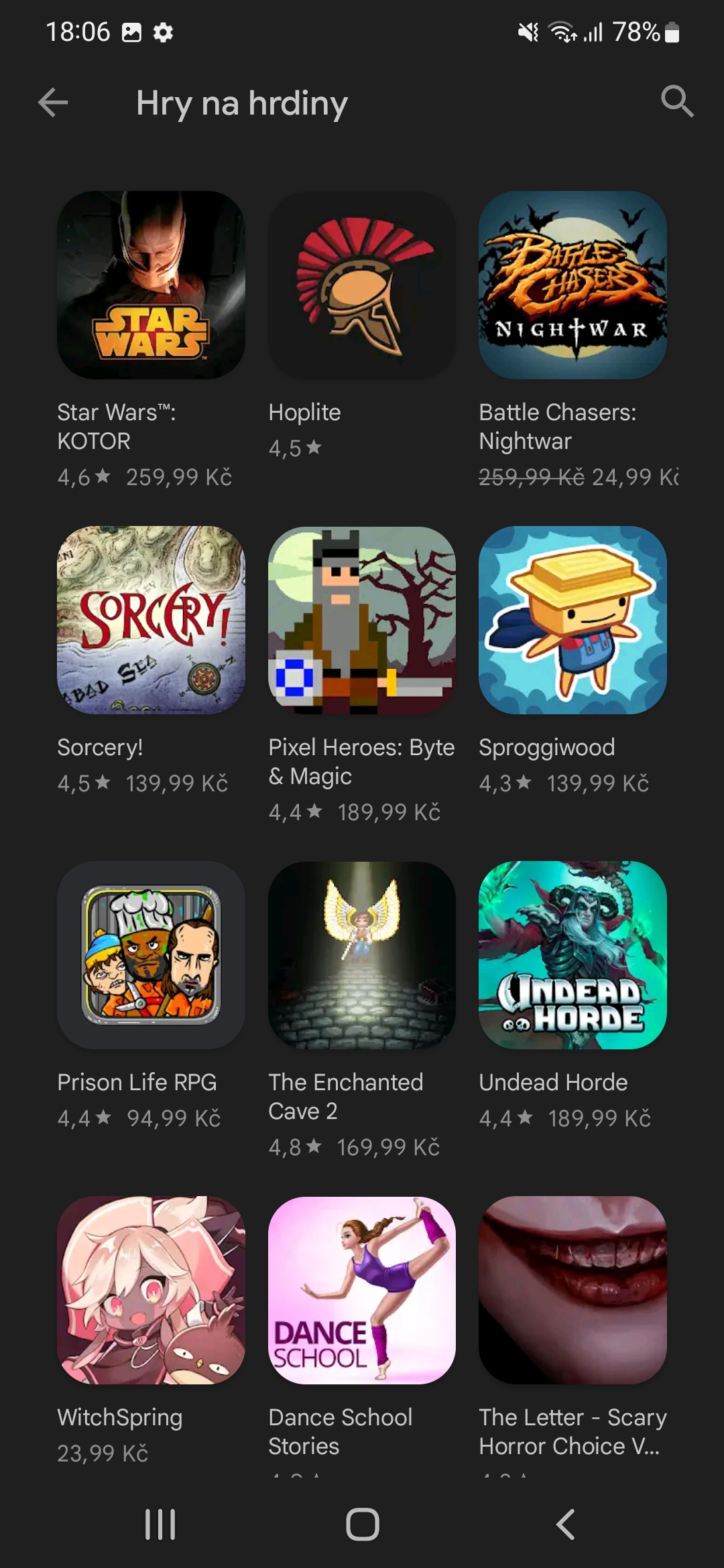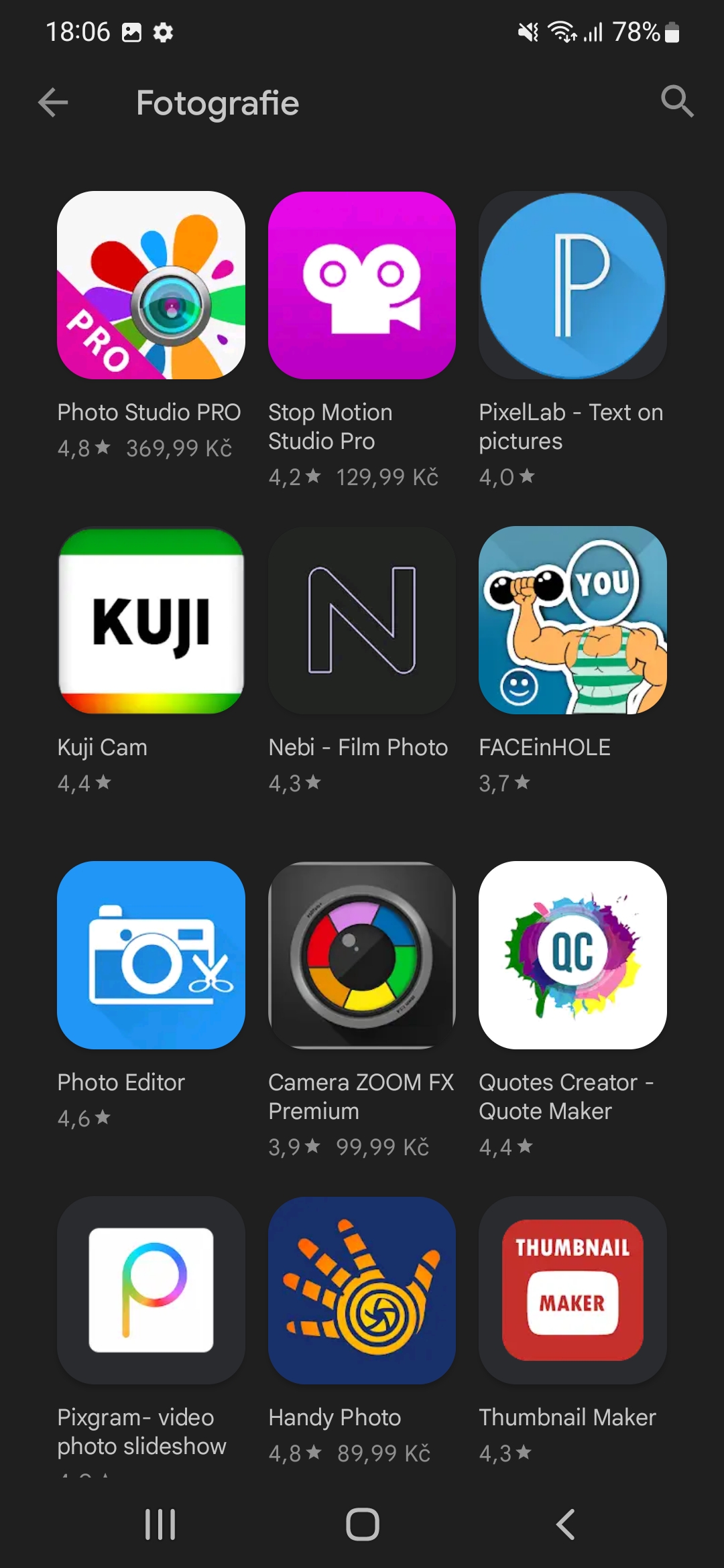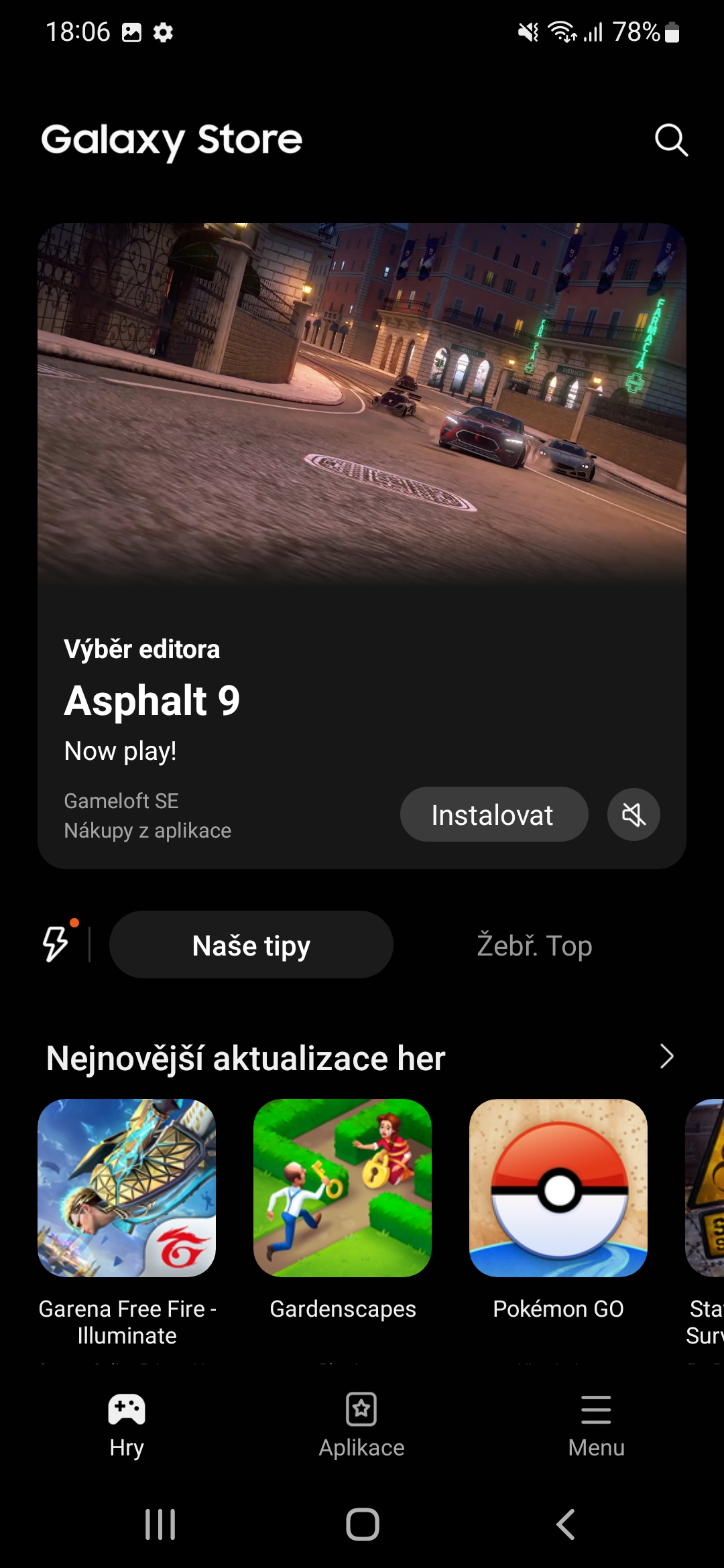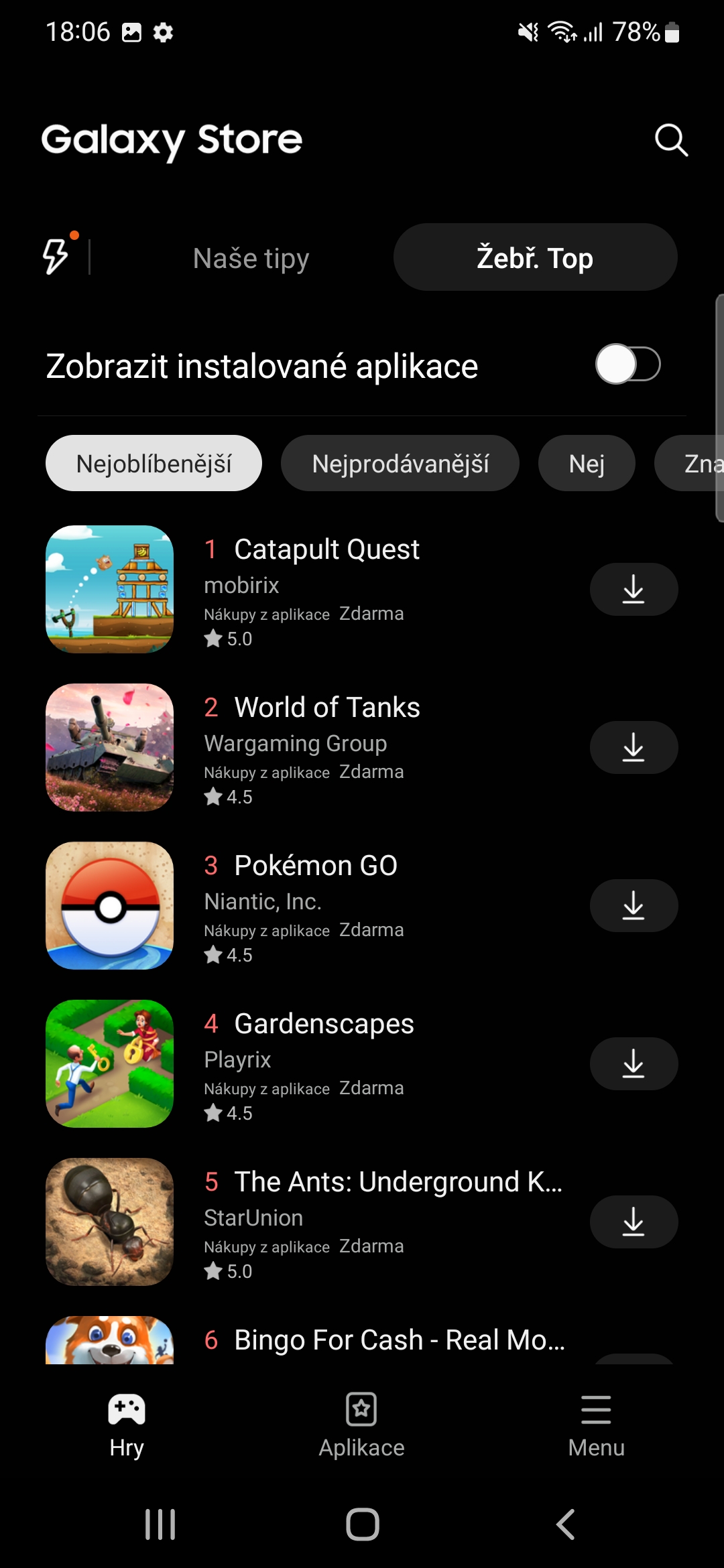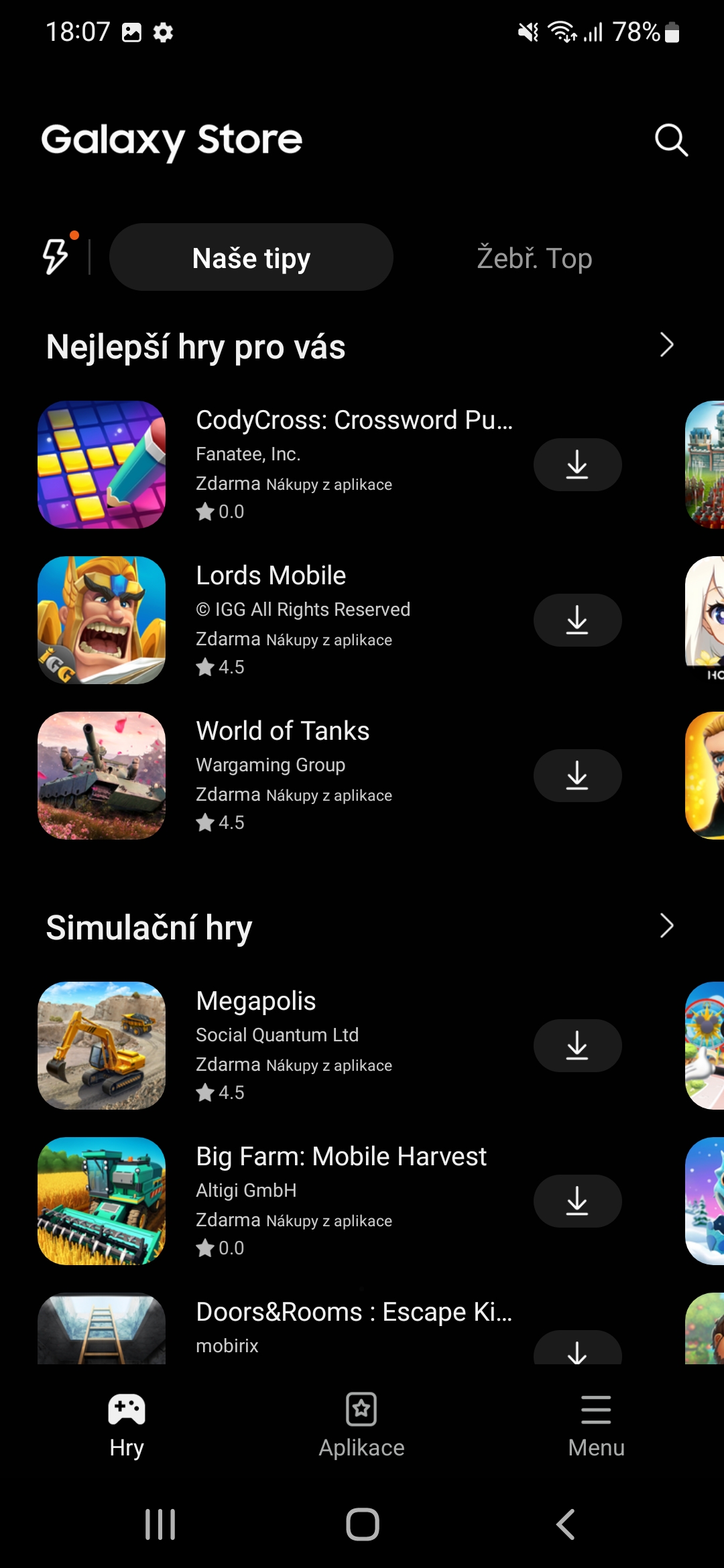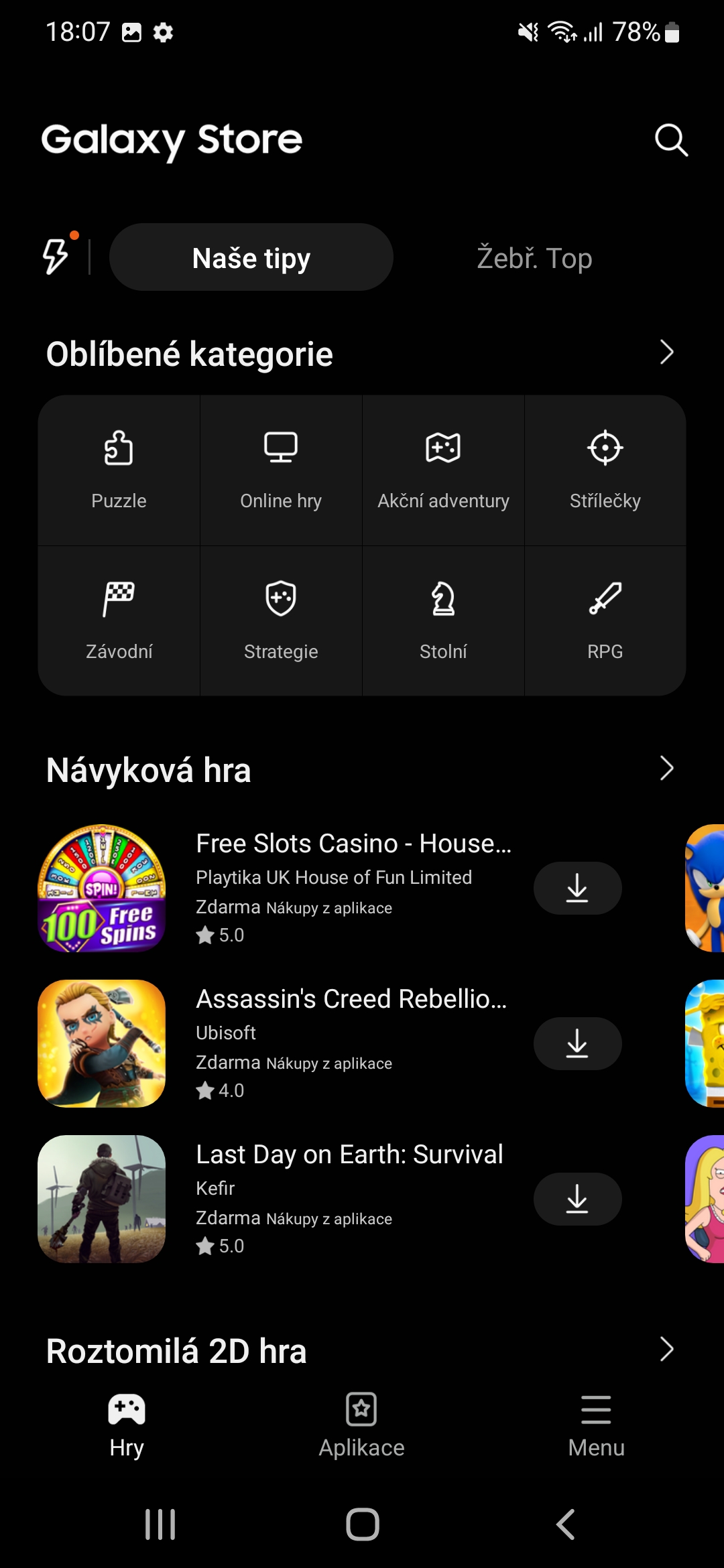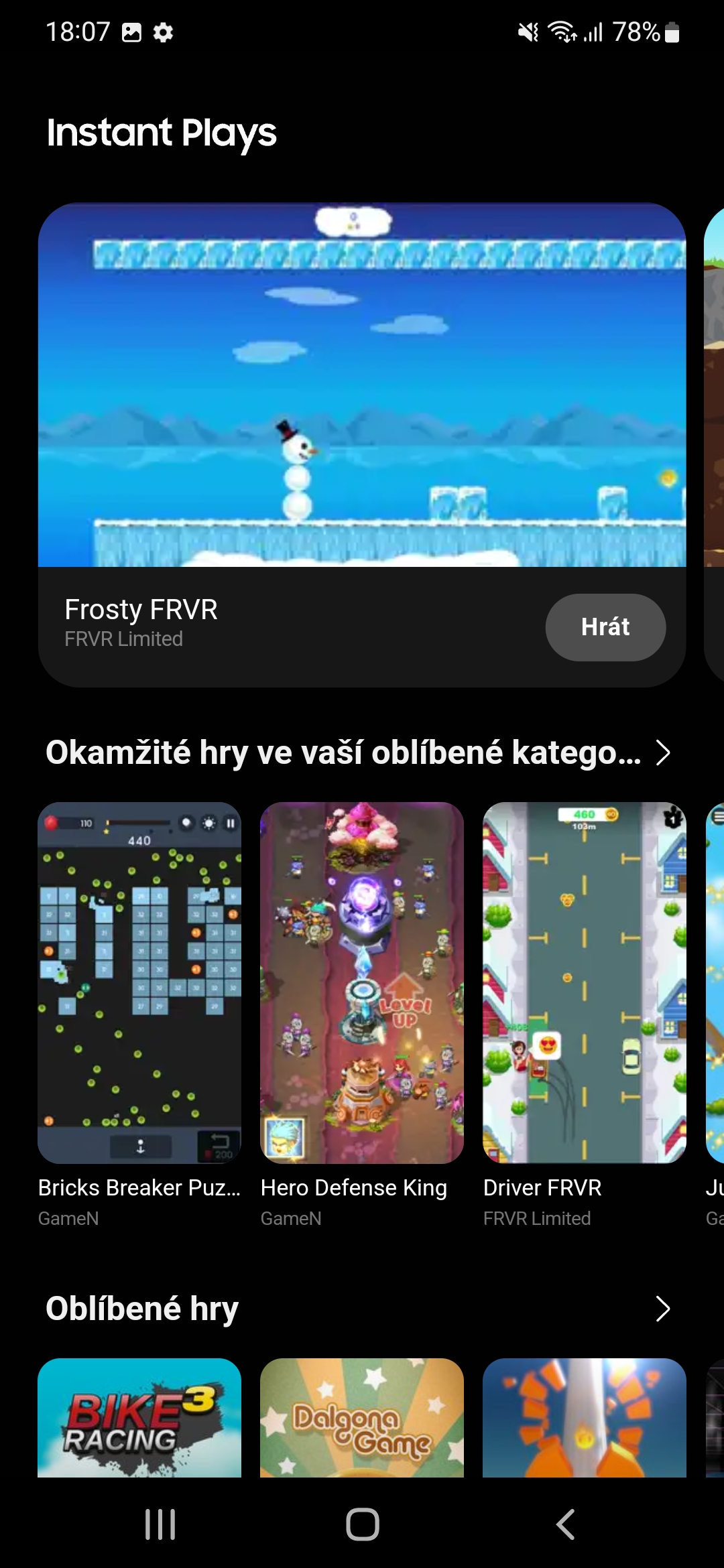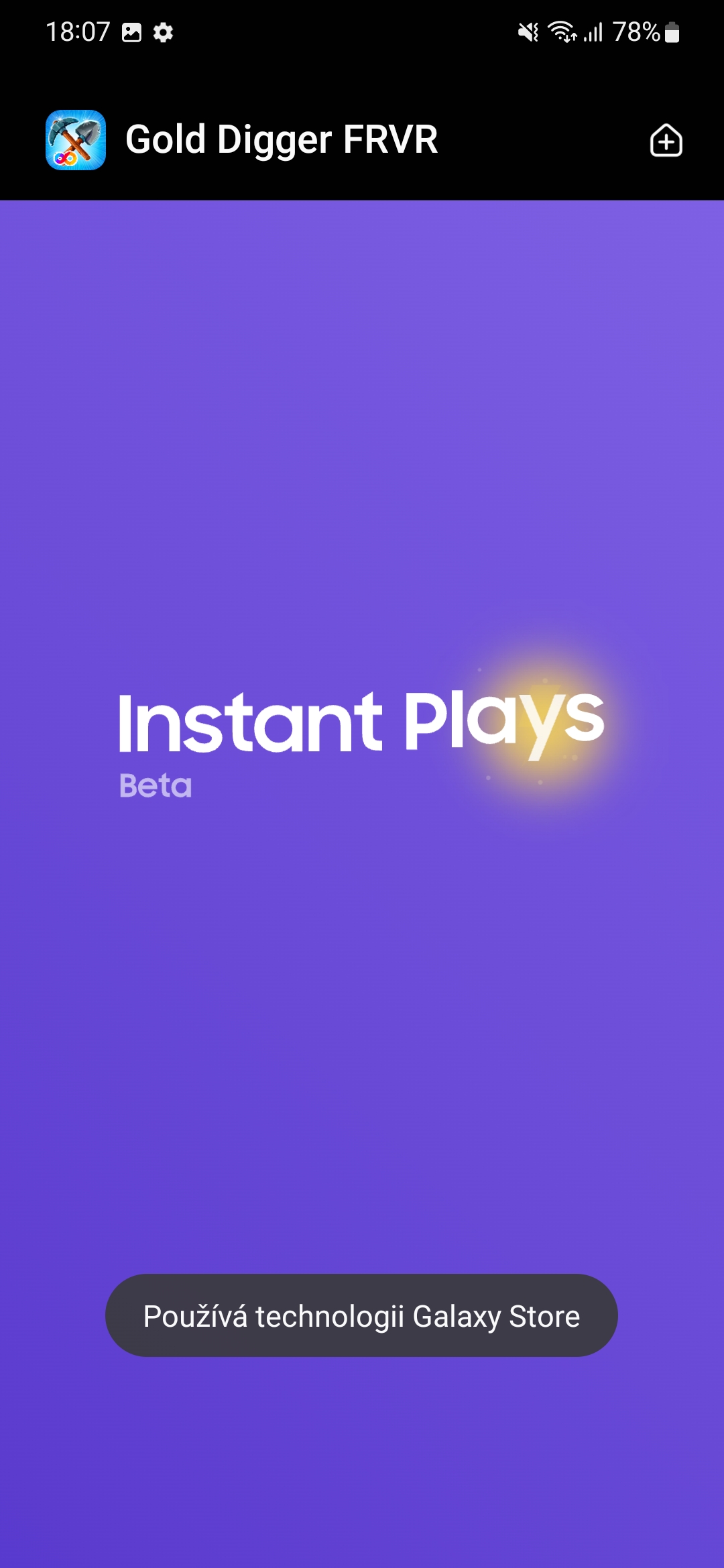In 2019, Apple stepped into the uncharted waters of mobile gaming and it looks like it's drowning. Or if not yet, he is treading water with his last strength. His Arcade survives rather than being talked about as a certain evolution in gaming. While there have been decent attempts to copy the idea, this is a very different approach. Even in the case of Google, however, it is by no means a miracle machine for success.
When something is successful, it is quite logical that others try to copy it in order to make a living from it to some extent. Google was only inspired by Arcade, but perhaps too soon, not yet knowing the success of what Apple had in store for its players. Even if Google went about it differently, it is also running in its shoes. Judging by the promotion and content.
It could be interest you
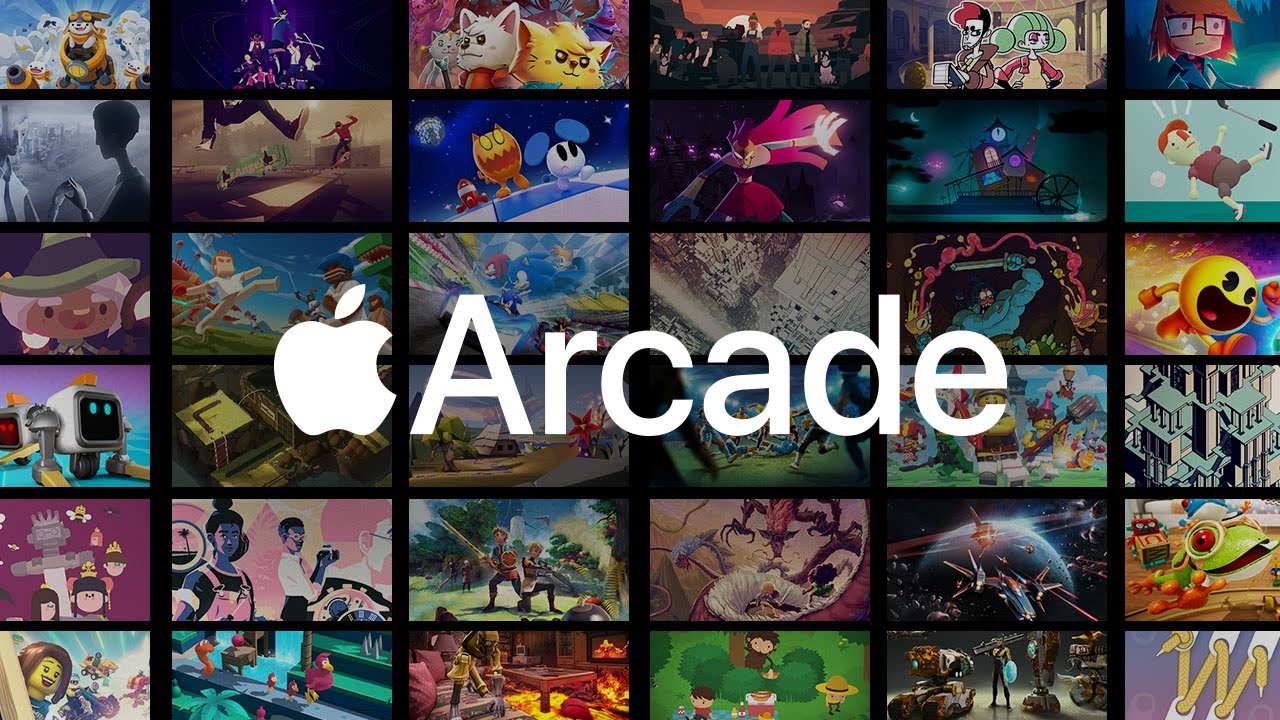
Google Play Pass
As a response to Apple Arcade, Google came up with the Google Play Pass subscription in its Play Store. For 139 CZK per month (the same as Arcade costs), you get access to "hundreds of great apps and games". The month is free, there are no ads, no in-app purchases, and new titles to be added every month. Yeah, we've heard that somewhere too.
There is a slight difference here. Where Apple tries it for cross-platform play, i.e. on iOS, macOS devices and Apple TV, Google offers additional applications. With in-app subscriptions being common practice these days, it's interesting to see that getting it in one payment package for an already diverse amount of content might actually make a bit more sense.
So is there a problem here? Of course. Big developers want to make money from In-App purchases, and if they provide their title to the Play Pass, they can say goodbye to a big profit in advance. And that's why even here, just like in Arcade, no one knows how great the content is. Of course, there are exceptions, such as Star Wars: KOTOR, LIMBO, CHUCHEL, Stardew Valley or the novelty in the form of Doors: Paradox, but don't expect much more.
From the applications here, you will find various to-do lists, calculators, note-taking applications, text editors, scanners, voice recorders, several weather forecasts, but all of them are such general titles without the presence of a big sounding name that would convince you of a subscription. You won't even find such a name on the start screen.
It could be interest you

Netflix and Samsung
So, as you can see, Apple tried it, and so far it is surviving, although probably not very profitably (we don't know the numbers, of course). Google copied the idea, but didn't want to come up with its own platform, so it bent the idea a little to itself and it's very similar, that is, without any miraculous success. And then there's Netflix (albeit in a rather limited way on iOS), which is trying its luck with subscriptions to its streaming services. It could be quite a revolution if it actually streamed the games on offer as well as the video content, but even here you have to install them, so success? It probably won't come, it's just a nice bonus for subscribers.
But Samsung could come up with something. The latter offers its Galaxy Store in its Galaxy devices, in which it provides not only its applications, but also those of third parties, as well as so-called instant play, i.e. titles without the need to install them. Here you will find a lot of content identical to Google Play, where you can also find Asphalt 9: Legends. And Apple offers Asphalt 8: Airborne (a Netflix, on the other hand, Asphalt Xtreme). So Gameloft is free to provide its titles to similar services, and if Samsung wanted to start fighting the market a little more aggressively, it could actually come up with its own subscription version of its store for its devices. It's still the biggest mobile phone seller, so the scope here is even bigger than Arcade.
 Adam Kos
Adam Kos 